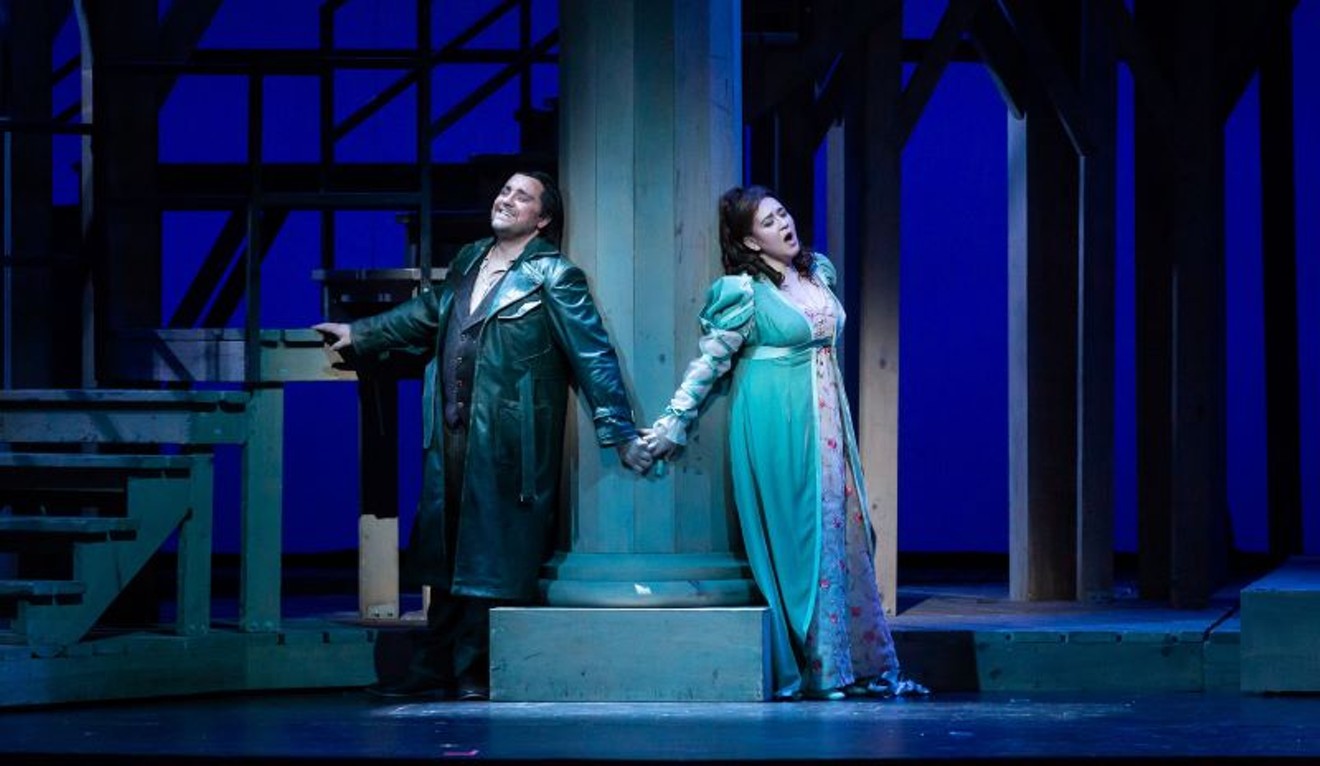Negotiating the realities of a pandemic, war, and continuing loss of life, grief can become impersonal. One develops callouses to horror; quick reaction followed by indifference keeps the algorithms humming. Recent cultural examinations of grief and loss (in its various aspects) feel more needed than ever. Korngold’s early 20th century opera Die tote Stadt occupies a very real, very warmly human place for some of us opera fans; it feels like so much more than a disembodied stage work from a century ago, but functions as an extension of the grieving self, a phantom limb that still aches on rainy days. The work will be receiving its New Zealand premier July 8th, with an in-concert performance by the Auckland Philharmonia Orchestra (APO) led by conductor and APO Music Director Giordano Bellincampi. For the Italian-Danish conductor, the work is an important expression of a topic too rarely explored onstage.
The timing of its world premiere seems especially profound. Die tote Stadt was first presented in December 1920, opening simultaneously at Stadttheater Hamburg and Oper Köln. Based on the 1892 symbolist novel Bruges-la-Morte by Georges Rodenbach, Korngold began composition in 1916, but had to leave off his work for a year while participating in World War One military service. The plot revolves around a man (Paul) who has spent years mourning his dead wife (Marie), and keeps a room of keepsakes related to her; he subsequently meets a woman (Marietta) who bears a strong resemblance to his wife; this inspires a series of horrendous hallucinations which eventually resolve into a quietly powerful conclusion. The opera was a huge hit, its themes resonating strongly within post-war Europe – though the Nazis would go on to ban it in 1938 on account of Korngold’s Jewish ancestry. The composer had moved to Hollywood by that time, and would go on to compose numerous film scores, and the opera fell into a decades-long obscurity within the post-war cultural landscape, although there were revivals in Vienna, London, San Francisco, and Bonn. The opera’s French premiere, an in-concert performance, took place at the Théâtre des Champs-Élysées in 1982, with a fully-staged performance taking place in Strasbourg in 2001. More premieres, in the U.K. (1996 in-concert; 2009 staged), Latin America (1999), and Australia (2012), took place, along with a highly-acclaimed 2019 production at Bayerische Staatsoper featuring Jonas Kaufmann (as Paul) and Marlis Petersen (Marie/Marietta) and conducted by Kirill Petrenko.
In my recent exchange with conductor Giordano Bellincampi I got the real sense, in hearing him speak about his experiences in Aarhus and more recently his negotiating of pandemic realities, that he views Korngold’s opera as less a study in obsession (specifically male obsession) and more as a metaphorical process examining the delicate and often difficult stages of grief. In June 2020 Bellincampi led a concert in commemoration of the victims of covid, but clearly, notions of loss have occupied his thoughts for much longer. His ideas relating to Korngold’s work are (as you’ll read) sensitive and insightful, and reveal an approach which is just as attuned to the spheres of human feeling as to the details of scoring.
Music Director of the Auckland Philharmonia Orchestra (APO) since 2016, the Rome-born, Copenhagen-educated Bellincampi began his musical career as a trombonist before moving on to conducting. He has held a number of esteemed positions – Chief Conductor of the Copenhagen Philharmonic Orchestra (2000-2006); General Music Director of the Duisburg Philharmonic (2012-2017); Chief Conductor of the Kristiansand Symphony Orchestra (2013-2018 – and has been a guest conductor with the Rotterdam Philharmonic, RTÉ National Symphony Orchestra, I Pomeriggi Musicali (Milan), KBS Symphony Orchestra (Seoul) the Moscow State Symphony Orchestra and Saint Petersburg Philharmonic Orchestra, and Canada’s Victoria Symphony and Toronto Symphony Orchestra.
With a particular gift for Central European, Italian and Scandinavian symphonic repertoire, one might be led to believe opera is a faraway world for the conductor – but nothing could be further from the truth. Bellincampi was General Music Director of the Danish National Opera in Aarhus for almost a decade (2005-2013), and during that time led performances of numerous Puccini and Verdi works, plus those by Strauss (Der Rosenkavalier), Wagner (Der Fliegende Holländer, Tristan und Isolde), and Mozart (Don Giovanni and Die Zauberflöte). Aarhus also allowed for collaborations with a range of singers (Angela Gheorghiu; Joseph Calleja; Bryn Terfel) and soloists (Sarah Chang and Grigory Sokolov). In Germany Bellincampi worked with Deutsche Oper am Rhein, leading performances of Luisa Miller, Norma, Cavalleria Rusticana/I Pagliacci, and La bohème (to name a few), and led numerous Italian works at the Royal Opera in Copenhagen, including a new production of Aida in 2005 which opened the company’s new theatre.
This focus on opera has continued in New Zealand. Bellincampi has led the Auckland Philharmonia through in-concert performances of Aida (2018), Don Giovanni (2019), Fidelio (2021), and Il trovatore (2022) But Die tote Stadt is, as you may guess, a thing apart, not only for its complex orchestration and very demanding vocal lines, but for a personal connection related to Bellincampi’s Aarhus days. In August 2023 he leads the APO in a programme featuring the music of Mahler, Brahms, and the world premiere of Symphony No.7 by celebrated Kiwi composer Ross Harris, and with that in mind, we began our conversation discussing the role of New Zealand artists within APO’s programming, and how Bellincampi finds balance between old and new sounds.
Did the pandemic affect your plans and programming choices with the APO?
Honestly we were really lucky in New Zealand because what happened was they closed the country down completely for most of 2020 – so while everyone else in the world was distancing and wearing face masks and shut down, we were playing as normal and there was no covid, though of course we couldn’t fly in guest soloists or guest conductors. But we did continue!
How has the relationship with the orchestra developed since 2016?
I’ve had orchestras in Copenhagen, Dusseldorf, in the Essen area too, which are all more traditionally you could say, classical – especially in Germany, because there it was very easy: we had 95% of the hall filled with subscribers; the basic culture of the symphonic concert idea was strong. Of course New Zealand is slightly different and rightly so; it’s much more diverse and there are many cultural opportunities, all of which I find to be great. And when I started with the APO, they already had a very loyal and good audience in the Town Hall, so I think I just built on what already was there. There’s a good loyalty toward the orchestra. Continuing that is important, even as I sometimes offer something challenging once in a while, but also giving them what they like. Personally I do love Beethoven, Schumann, Mendelssohn, Brahms – all that kind of repertoire – which helps, because it’s the repertoire the audience loves also, so it makes the connection very easy.
I’m curious how you tie that to respective socio-cultural values; there are a lot of questions around the role of European classical culture in 21st century presentation, particularly in places with colonial histories. How do you find balance at the APO?
This is a really good question, and I’m glad you asked it. First of all in a way I’m very idealistic, because I do believe every person can sense if what is transmitted from the stage has a strong emotional and intellectual depth – for instance, even if people don’t know Beethoven’s music at all, they can sense the power, just as when I go to a concert or a Maori event, although you don’t really understand the specific cultural codes, you sense the meaning and the depth. The idea of really performing music with conviction and great passion is paramount.
There is a need for balance as well, and that’s why we do New Zealand-commissioned music, some of it with original folkloric instruments. But I also have to be honest and say, we are a symphony orchestra – and a symphonic orchestra plays symphonies. We will never be a Maori orchestra; that isn’t possible. I do think it’s important the government and city support Maori music, 100%, and of course we can connect with the audience for those sounds, and with that community in every way we can, but it’s important we are loyal to what our core music is. That’s a difficult balance, but I think we’re handling it quite well. Honestly, we have good audiences and they are curious and they like the big classical hits, but they also are curious for new things.
In a 2017 interview you noted that “programs that challenge us and our audience is an important part of being a Music Director” – but classical organizations seem averse to anything new and/or pushing their audiences right now.
I would say we’ve approached it differently by making a conscious effort to keep the level of ambition up, consistently. During lockdowns we could sit at home and enjoy streaming of really good concerts, sure, but what people have actually missed is the live experience, and that’s something driven by our urge to perform and share music. If we want to survive as artists we need to keep on going; if we are just defensive in our programming choices, the audience will sense that, and it won’t work on any level, especially musically.
In 2021 we were planning opera where the country was completely shut down; what I said at the time was, “Okay, which New Zealand opera singers do we have here?” And we found the best singers we had and found the titles we could play with them, like Simon O’Neill who lives in Auckland. He was available, so I said, “Okay let’s do Fidelio; we have a Florestan.” That way we kept the artistic vision up, and it was so much better than doing some opera gala or what-have-you. We are taking the same approach for the first New Zealand performance of Die tote Stadt – it is extremely risky, on a few levels, and yet!
When was Die tote Stadt planned?
The decision came probably about two years ago. We are not that far ahead in planning as many other organizations, who normally plan four to five years out. I remember being in Germany, where things were always planned extremely far ahead, which meant you could secure the best artists and you know what you’re going to do, but it’s not a very agile as a system – you can’t change things easily. But New Zealand organizations are extremely dependent on the commitment of the people who want to travel and perform with us. We’re planning a bit differently these days, and very much together with the Australian orchestras, so we can share artists as much and as often as possible.
How much does that force you to strengthen community ties with local artists?
I believe very much that every institution – it was the same when I ran the opera company in Denmark – every institution has its place in the habitat we work in. And I also think that if you are a relatively big organization you have an obligation not to kill the things underneath you. So we kind of try to find our place. We do support the best local artists, both the ones that are in New Zealand and many Kiwi artists who live in the UK, Germany, and the US, but basically we are part of the international orchestra world, and that’s where we try to stay. There’s space for other organizations, like chamber organizations, and they can have their own seasons – we shouldn’t kill them just because we are bigger. That’s my ambition really, to keep all the various organizations, there has to be space for everyone.
So an ecosystem… ?
Exactly.
On the APO website Alastair McKean’s essay explores Korngold’s time in Hollywood and how that may have impacted how he’s perceived; it ends with a call to “ignore the snobs” and quotes Korngold himself. Where does his work fit in terms of your opera rep?
I’ve loved this opera for twenty-odd years. When I was running the opera company in Aarhus, I decided to program this opera. It was the first performance in Denmark ever, but I didn’t conduct it. At the time I was extremely busy with a lot of other projects and running the company, and I knew it was a difficult score and I just didn’t have the four to five months needed to be secluded with the score and to properly study it. We did the first performance in Denmark with a colleague leading it who had done it in Prague previously, and it was beautiful, although I remember my marketing department at the time saying, “We will never be able to sell tickets for something called THE DEAD CITY! People won’t like it!” – but it was an enormous success. I’ve loved it for so long, and waited for a new opportunity to program it, and now I have finally found an outlet! The big issue with this opera is the tenor role, which is so absolutely super-challenging, but we have a great Paul (Aleš Briscein) who’s done it many times before, and I’m looking forward to the experience.
What is it you love about Die tote Stadt?
Most of my opera work has been Puccini and Wagner, although I’ve also done Der Rosenkavalier and other Strauss, but I think that this extremely modern way of approaching musical theatre (in Die tote Stadt) is very close to what Puccini explores in for instance, La fanciulla del West and Turandot – his later operas are film-score-esque. Now when we talk about the music of Korngold it seems like a cliché to call his work ‘cinematic’ but there is very much, in this opera, a very strong way of communicating in that way, via the music. And of course the orchestra colours are absolutely incredible, the instrumentation is beyond… it’s just immense.
But what I also like is the drama itself: we have a lot of operas about death – in the sense of revenge and power – but we don’t have many about grief, how it is when people actually die. I think Korngold’s way of dealing with the feelings of this person, and his way of coping with the nightmare and the visions and the feelings that overwhelm him in this situation, is very strong and very modern, and it appeals to me because it’s something we’re not very good at expressing in the theatre. And I think this is quite a unique work as a result.
I had an incredible experience with it in Aarhus – there were a lot of fantastic reviews, great singers. A few months after its presentation, an older gentleman came to the opera office with a bottle of wine, knocked on the door, and introduced himself. He said, “I just wanted to tell you that I lost my wife five years ago, and after seeing that opera, I went back home and was thinking and thinking – and I decided to start living again.” And… that’s what we make opera for. He knew nothing about this work. But seeing this kind of… incredible grief, like what Paul experiences, is something I think a lot of people who have lost someone can relate to, and again, I think we don’t see it very often in the theatre. So I hope that (the APO performance) will touch someone.
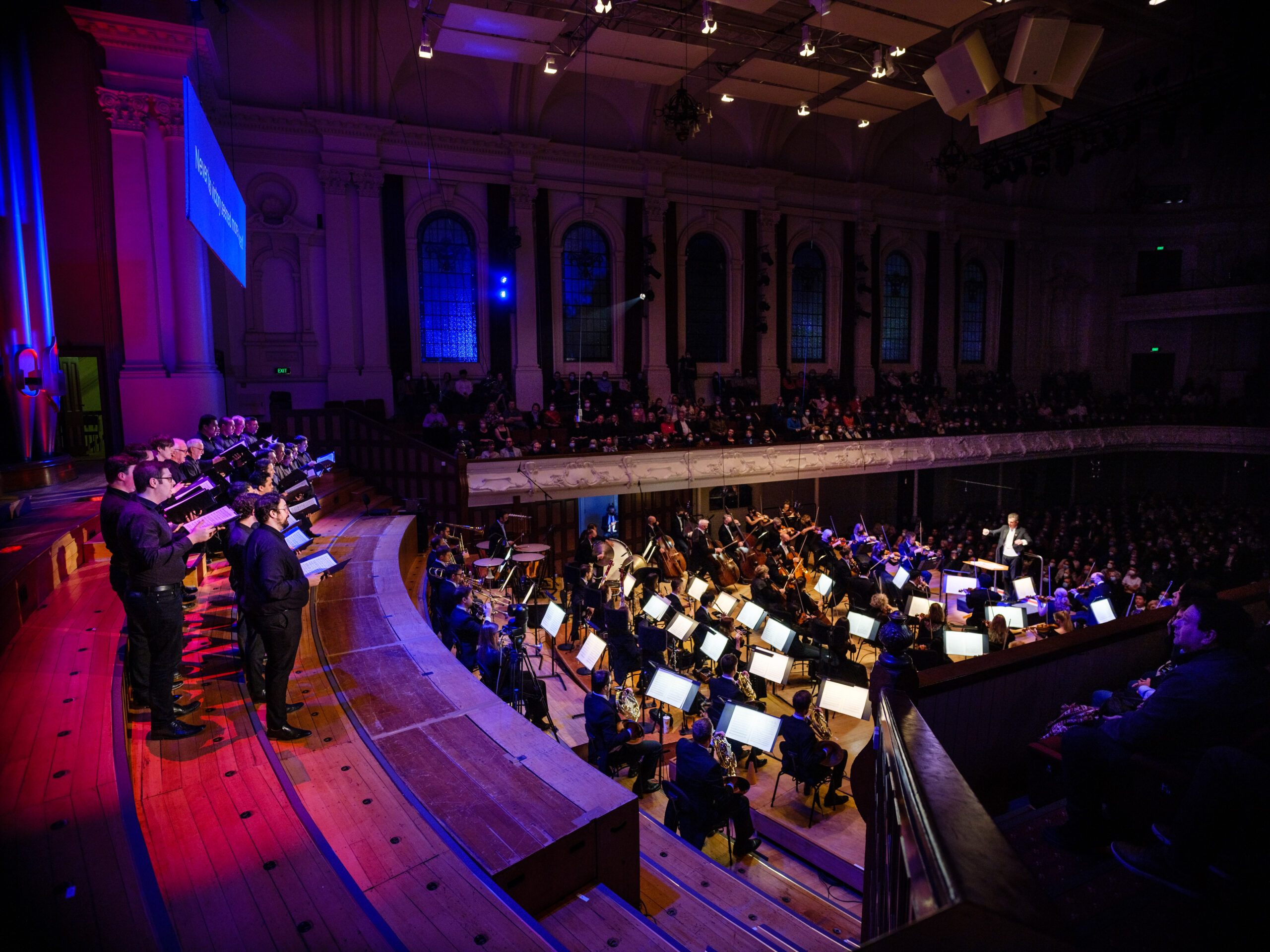
Conductor Giordano Bellincampi leads the Auckland Philharmonia Orchestra in a 2022 in-concert presentation of Verdi’s Il Trovatore at Auckland Town Hall. Photo: Adrian Malloch
What do you think might be good sonic preparation?
New Zealand audiences will know Korngold because we play his work, including his great violin concerto, regularly; we played several other pieces of his last season. There’s nothing strange about the sound in and of itself – it’s not like doing Ligeti’s Le Grand Macabre or something! – people can definitely recognize the Korngold sound. But I’m curious as to how this will be received. We do have a semi-staged concept for Die tote Stadt, so there are no sets but we do have some action and surtitles.
Operas presented in-concert are becoming real staples within orchestral programming in some areas; how do these presentations differ from a full production for you creatively?
For many years (APO) have done one every year – we’ve done Don Giovanni and Il trovatore in past seasons, for instance – and though I think those are great, overall I’m very ambiguous, because basically I’m a theatre person. I love being in the pit and I do think opera ultimately belongs in a theatre; that said, there is also something incredibly beautiful about being able to perform these works in an acoustically ideal room for sound. Most theatres are super-dry, so being in a concert hall gives a completely different impression of the sounds. That’s one aesthetic thing.
The other is that some operas, like Die tote Stadt, have a lot of interludes, and so the activity within the orchestra itself is enormous. I think it’s very exciting for the audience to see all of what happens right there, not hidden in a pit. We’ll be performing, hopefully, the complete score which is almost never done nowadays. It’s going to be fully all three acts we do, with two intermissions, and there are long interludes when the orchestra plays. Nothing happens onstage at those times, and in most stagings you have to invent something as a result, but here it will be a very strong experience for the audience to simply to listen. There will be a livestream – my mother in Italy always says, ‘I have to get up so early to watch them!’ – but I really think this will be something unique for both musicians and audiences alike.

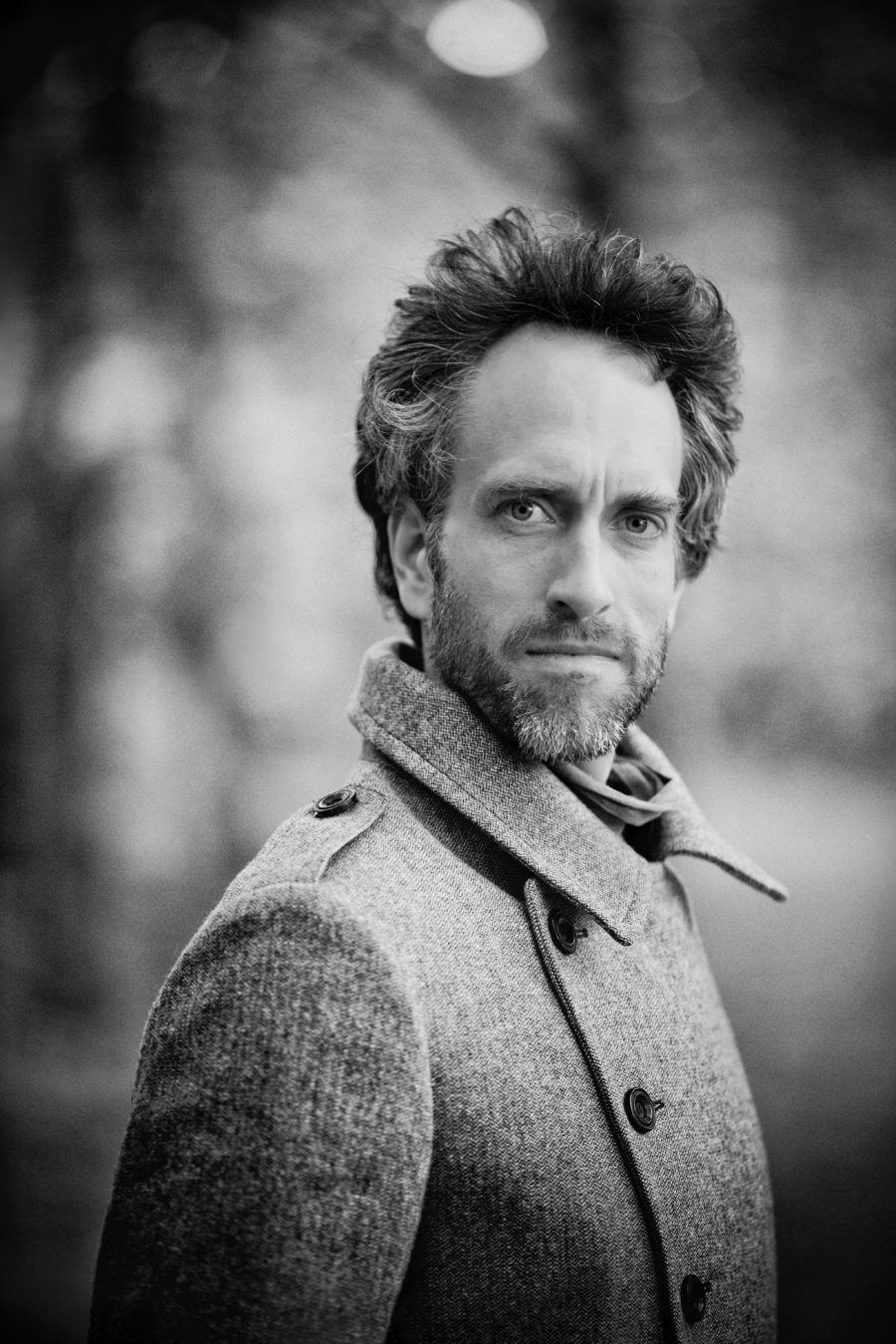
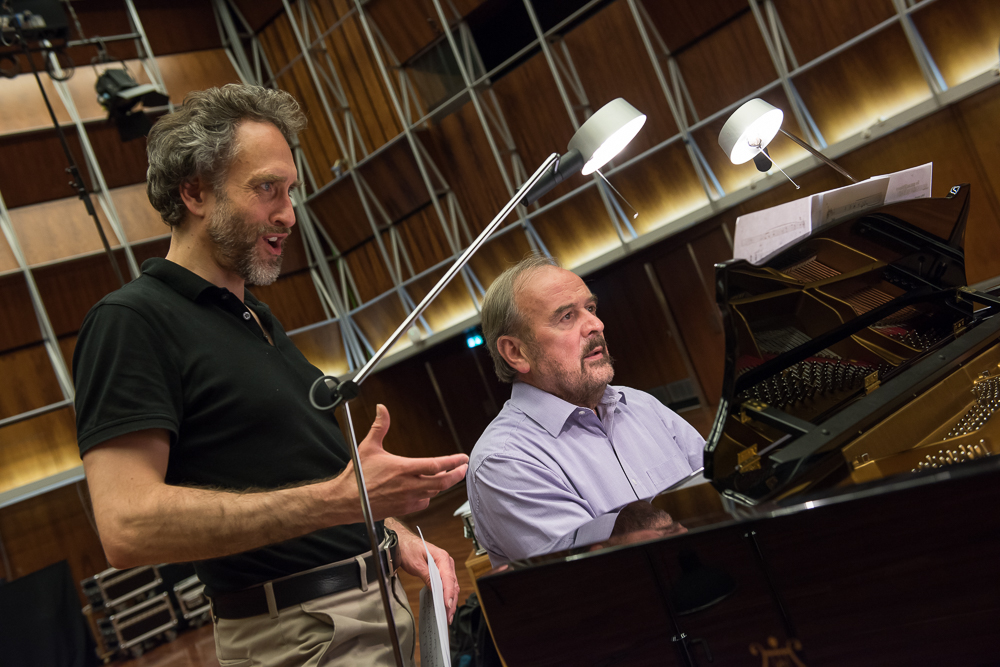
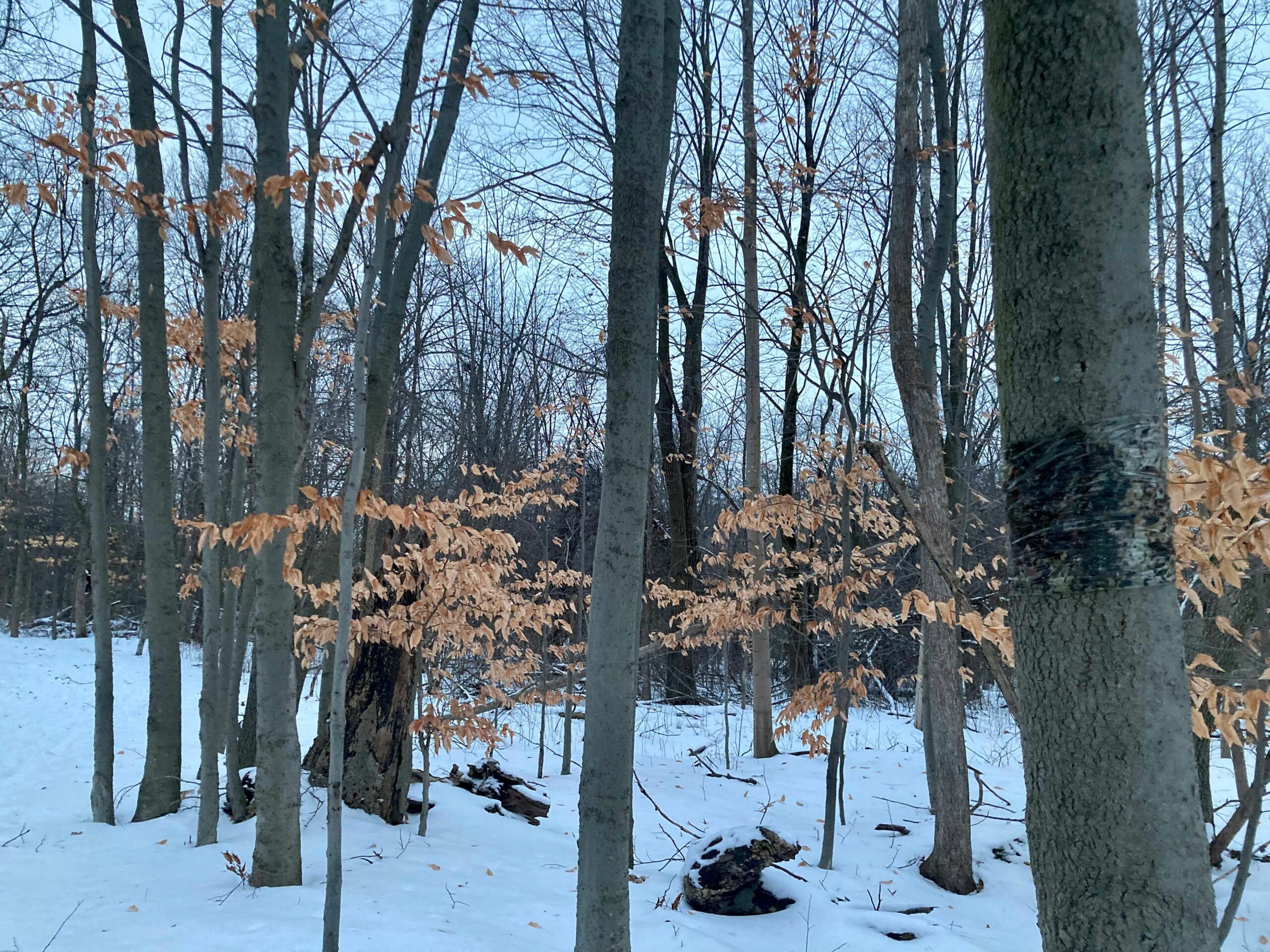
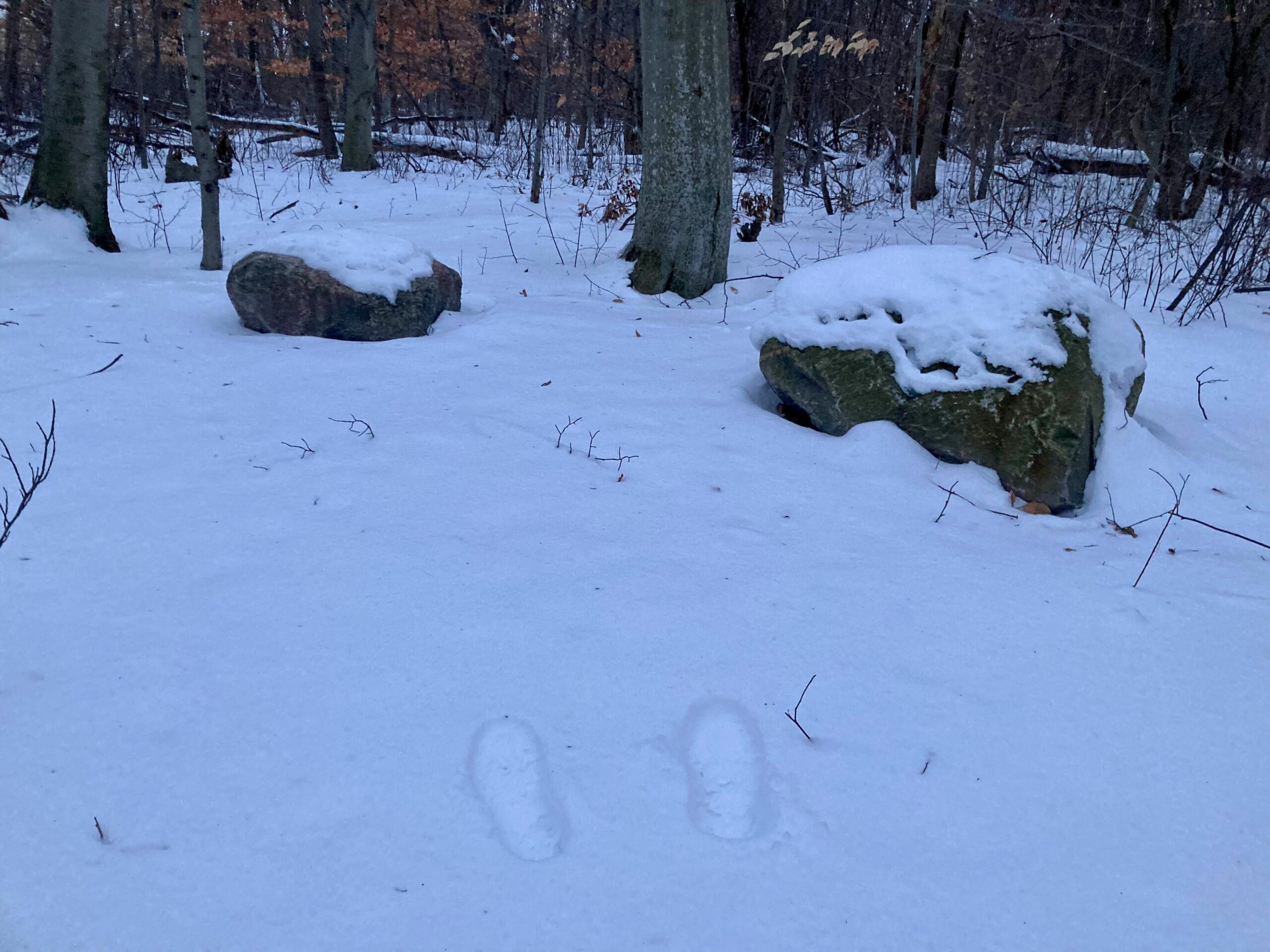

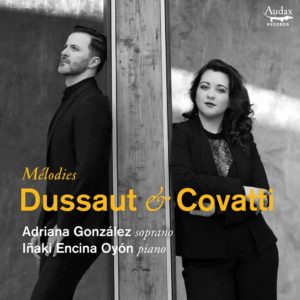 So what a treat it was, to come across the album
So what a treat it was, to come across the album 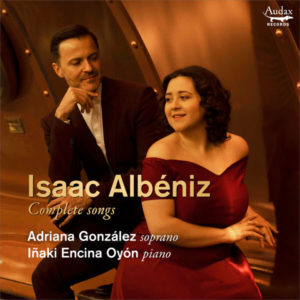 As I learned when we spoke recently, González, while highly aware of her powerful, affecting sound, is also aware of her desire to stretch, explore, and cultivate her talent creatively, with a firm hold of context at every step. We started off discussing what it was like to quickly step into the role of Liù for a performance of Turandot in Houston, as she was concurrently performing Juliette. Stress, what stress? González seems too focused a performer to let nerves ever get the best of her, and her recollection of the experience was coloured more by a mix off excitement, disbelief, and gratitude than any dregs of self-doubt. González is as much earthy as she is studious, and that intensity I referenced earlier is, as ever, always in the service of a knowing approach to craft. Such a combination of ingredients makes for a meal that satisfies toothsome ears, and for a very rewarding form of listening amidst post-pandemic times.
As I learned when we spoke recently, González, while highly aware of her powerful, affecting sound, is also aware of her desire to stretch, explore, and cultivate her talent creatively, with a firm hold of context at every step. We started off discussing what it was like to quickly step into the role of Liù for a performance of Turandot in Houston, as she was concurrently performing Juliette. Stress, what stress? González seems too focused a performer to let nerves ever get the best of her, and her recollection of the experience was coloured more by a mix off excitement, disbelief, and gratitude than any dregs of self-doubt. González is as much earthy as she is studious, and that intensity I referenced earlier is, as ever, always in the service of a knowing approach to craft. Such a combination of ingredients makes for a meal that satisfies toothsome ears, and for a very rewarding form of listening amidst post-pandemic times.